
Neurology News Network for the week ending January 31, 2025. [WATCH TIME: 4 minutes]

Neurology News Network for the week ending January 31, 2025. [WATCH TIME: 4 minutes]

Take 5 minutes to catch up on NeurologyLive®'s highlights from the week ending January 30, 2026.
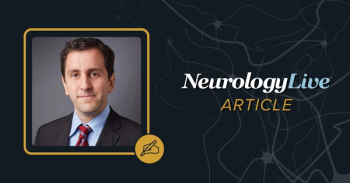
The AAN's new guideline enhances diagnosis and management of functional seizures, emphasizing psychological interventions and addressing care gaps for better patient outcomes.

Specifically, the alignment relates to a separate, planned clinical trial referred to as ASPIRE.

With regard to safety, there were no serious adverse events (AEs) or AEs of special interest deemed related to OCU410ST reported in the study.
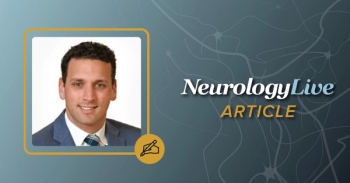
A study of 614 brain donors revealed that individuals with stage III or IV CTE face the greatest risk of dementia.

New findings from the EMBARK study highlight Elevidys' significant long-term benefits in slowing Duchenne muscular dystrophy progression in young patients.
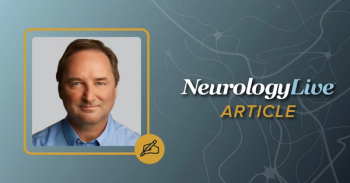
Intellia’s trial for nex-z in ATTR-CM remains under clinical hold.

The director of the Center for Clinical Ethics at Yale New Haven Health provided insights on newly published guidelines for functional seizures, stressing the reasons for systemic psychiatric assessment and careful seizure characterization. [WATCH TIME: 3 minutes]
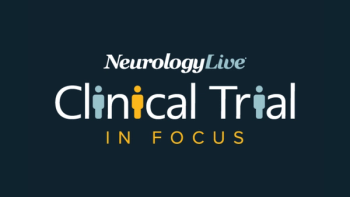
The REVISE trial, a phase 2 study evaluating GenSight Biologics’ lenadogene nolparvovec in patients with Leber hereditary optic neuropathy, is expected to begin in January 2026.

A duo of experts from CureDuchenne discussed how the inclusion of Duchenne muscular dystrophy on the Recommended Uniform Screening Panel can enable earlier diagnosis and inform decision-making in a rapidly evolving therapeutic landscape. [WATCH TIME: 7 minutes]

The neurologist in the Department of Neurology at Saratoga Hospital Medical Group shared what excites her most about the future of neurology, specifically for movement disorders, in 2026.

Trial data showed that treatment with lamotrigine reduced myotonia severity in adults with genetically confirmed non-dystrophic myotonias, with sustained benefit and an acceptable safety profile.

The associate chief medical officer at Michigan State University highlighted advances in neuromuscular disease, emerging therapeutic strategies, and the growing role of patient-reported outcomes at AANEM 2025. [WATCH TIME: 2 minutes]

The FDA raised no objections to Lexicon Pharmaceuticals’ pilavapadin for a phase 3 program, which will include 2-arm registrational studies, in patients with diabetic peripheral neuropathic pain.

Head-to-head PET imaging data indicated that valbenazine achieves significantly higher VMAT2 target occupancy than deutetrabenazine XR at therapeutic doses, with both treatments remaining well tolerated.

A recent study linked maternal diabetes to a doubled risk of multiple sclerosis in offspring, highlighting prenatal factors in MS susceptibility.

If approved, lecanemab-irmb would provide an at-home subcutaneous injection option for both treatment initiation and maintenance dosing for patients with early-stage Alzheimer disease.
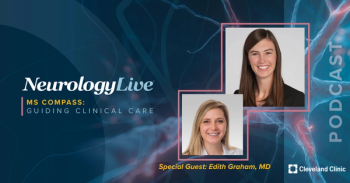
Inside MS: A Clinician's Compass, a podcast hosted by neuroimmunologist Lindsay Ross, MD, brings you an exclusive interview with Edith Graham, MD. [LISTEN TIME: 40 minutes]

The chief medical officer at Xenon Pharmaceuticals provided clinical insights on promising long-term, phase 2 data testing azetukalner, a first-in-class Kv7 channel opener, in patients with focal onset seizures. [WATCH TIME: 4 minutes]

Here's some of what is coming soon to NeurologyLive® this week.

The consultant neurologist at the National Neuroscience Institute discussed how artificial intelligence, biomarker development, and drug repurposing can help improve patient care in ALS. [WATCH TIME: 4 minutes]

In a recently published study, integrating prehospital GFAP measurements with established stroke scales significantly improved the accuracy of large vessel occlusion detection in patients with acute stroke.

Test your neurology knowledge with NeurologyLive®'s weekly quiz series, featuring questions on a variety of clinical and historical neurology topics. This week's topic is on the ALS Treatment pathways!

Benitec Biopharma reveals promising results for BB-301, a gene therapy showing significant improvements in swallowing function for OPMD patients.

Jerel Banks, MD, PhD, chief executive officer of Benitec Biopharma, reviews early phase 1b/2a clinical signals, mechanism, and next steps for BB-301 in oculopharyngeal muscular dystrophy.
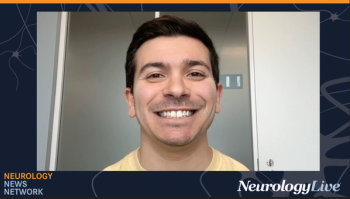
Neurology News Network for the week ending January 24, 2025. [WATCH TIME: 4 minutes]

Take 5 minutes to catch up on NeurologyLive®'s highlights from the week ending January 23, 2026.

Alixorexton, an oral investigational selective orexin 2 receptor agonist, is currently in development for the treatment of narcolepsy type 1 and type 2, and idiopathic hypersomnia.
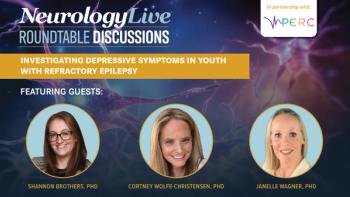
Pediatric specialists stressed that the future of epilepsy care may involve embedding behavioral health clinicians in specialty clinics to identify and treat depression early, improve quality of life, and potentially reduce seizure burden. [WATCH TIME: 3 MINUTES]